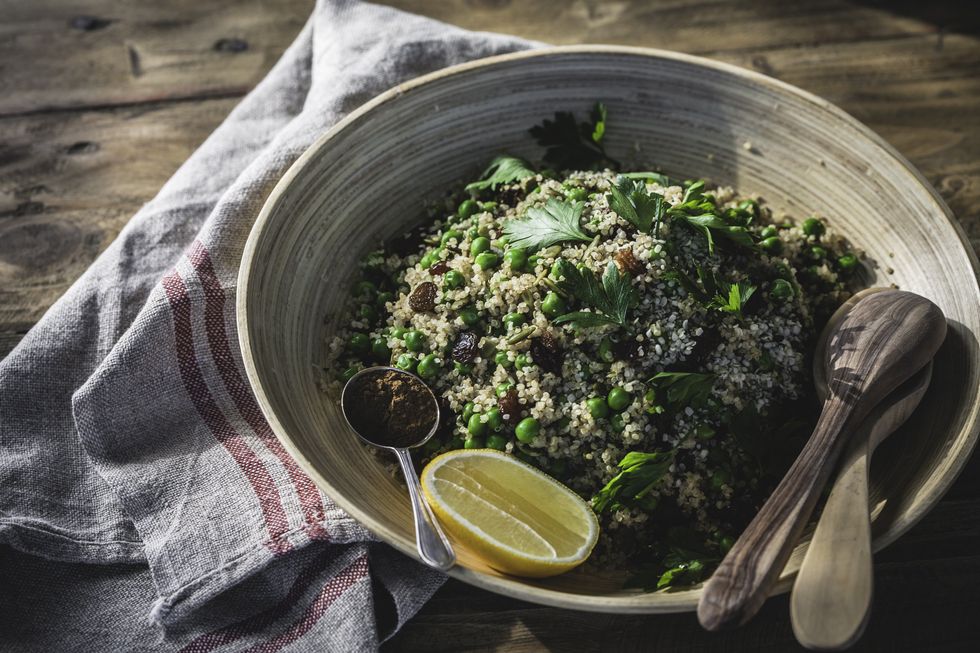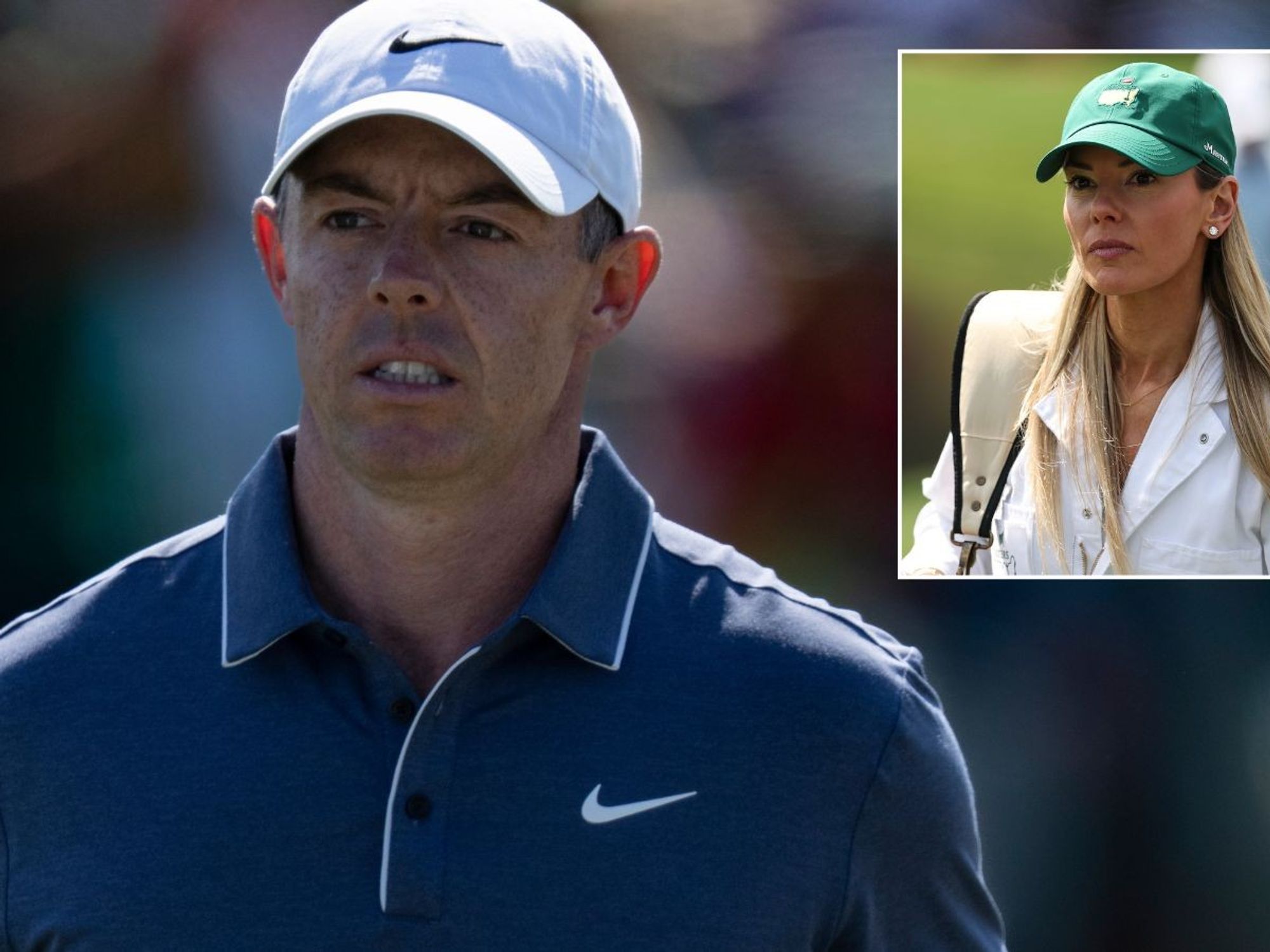Worrying surge in colon cancer cases among young adults as doctor warns vital component missing from their diets

WATCH NOW: NHS Scotland launches AI trial to help detect lung cancer and strokes in X-rays
|GBN

The doctor is diagnosing more people in their 20s and 30s with colon cancer than ever before
Don't Miss
Most Read
A gastroenterologist has shared a stark message about cancer as more and more young people face a concerning health trend that has nothing to do with their genes.
Doctor Joseph Salhab cautioned his viewers that he is seeing more and more patients in their 20s and 30s with colon cancer than ever before.
The health expert explained: “A low fibre diet might be one of the reasons why we’re seeing an increase in colon cancer in young adults.
“As a gastroenterologist, I am diagnosing this more than ever, and the reason is that your gut bacteria will ferment that fibre and create short-chain fatty acids like butyrate.
TRENDING
Stories
Videos
Your Say

The doctor is diagnosing more people in their 20s and 30s with colon cancer than ever before
|TIKTOK
“High fibre foods usually come packed with phytochemicals, minerals, vitamins and antioxidants, which we know are protective for the colon.
The doctor reiterated his message in the caption of the post, where he pointed out: "It's not genetics. It's not bad luck. It's a lack of fibre.
"Eat. More. Fibre. Colon cancer is showing up in 20 and 30-year-olds. It’s not genetics. It’s not bad luck. It’s a lack of fibre. Your gut can’t fight what it doesn’t have the tools for. Gen Z, millennials, this isn’t just your parents’ problem anymore."
Fibre does much more than protect against cancer, however. It's also brilliant for preventing heart disease and diabetes, making it a genuine all-rounder for health.
Where can I find fibre?
There are countless high-fibre foods from which to choose, so there is a good chance you can find many to add to your diet.
Some key examples include fruits, vegetables, legumes, nuts, seeds, and whole grains.
Professor of epidemiology and nutrition at Harvard’s T.H. Chan School of Public Health, previously told Harvard Health: “People eat more ready-to-eat processed foods, which are made from refined grains stripped of fibre, such as white flour and found in pasta, pastries, cakes and crackers.
“Keep it simple, and just focus on eating a variety of fibre-rich foods and avoiding refined grains. If you love blueberries, have two daily servings of just those. Gradually, you can add other fibre foods.”
LATEST DEVELOPMENTS

Fresh fruit and crunchy vegetables are excellent sources of fibre
|GETTY
According to the NHS, breakfast is an excellent opportunity to get fibre into the diet. It recommends opting for a bowl of porridge instead of reaching for sugary cereals.
Switching to wholemeal or granary bread for your morning toast is another easy way to add extra fibre without the fuss. Even higher-fibre white bread can help in making a real difference to your daily fibre intake.
When it comes to lunch and dinner, the health service recommends adding some beans, lentils and chickpeas to your curries, stews and salads.
If in need of a snack, Britons can have fresh fruit, crunchy vegetable sticks, rye crackers or a handful of unsalted nuts.
Our Standards: The GB News Editorial Charter










